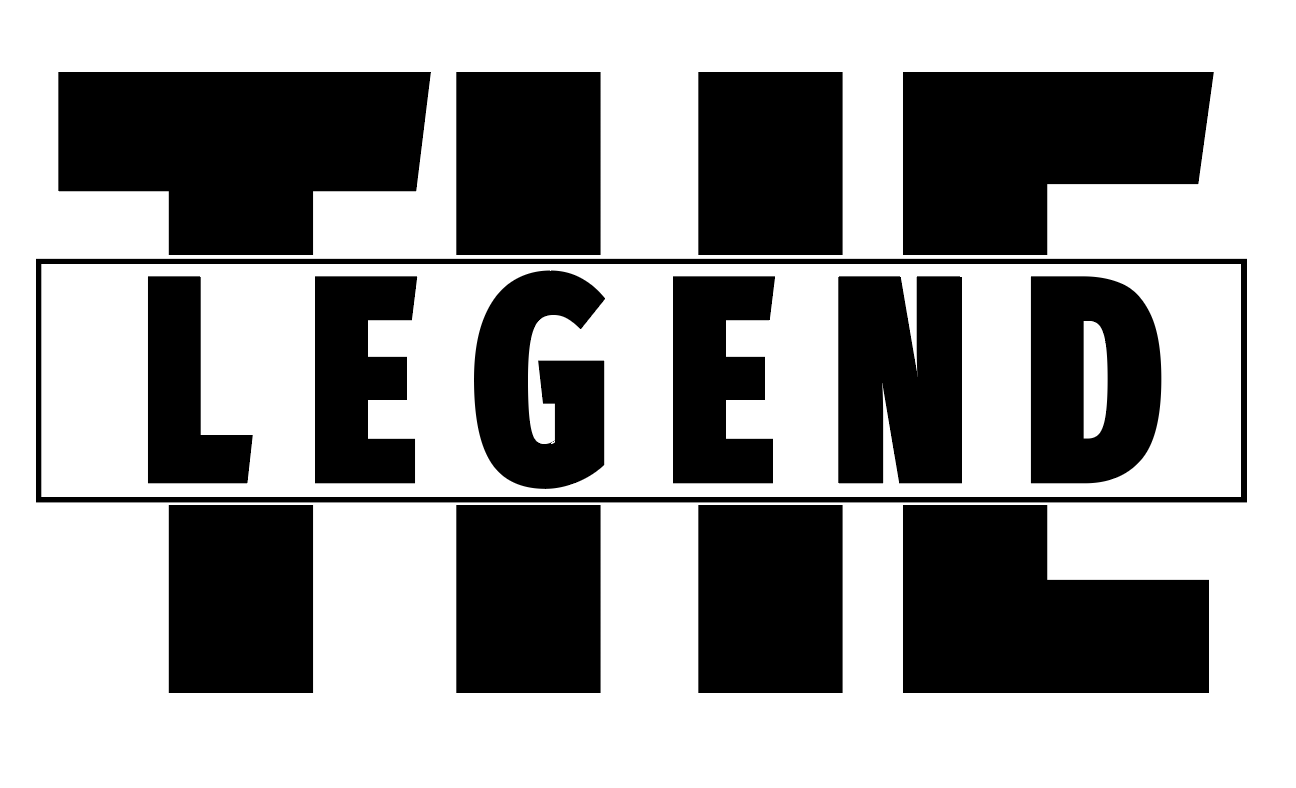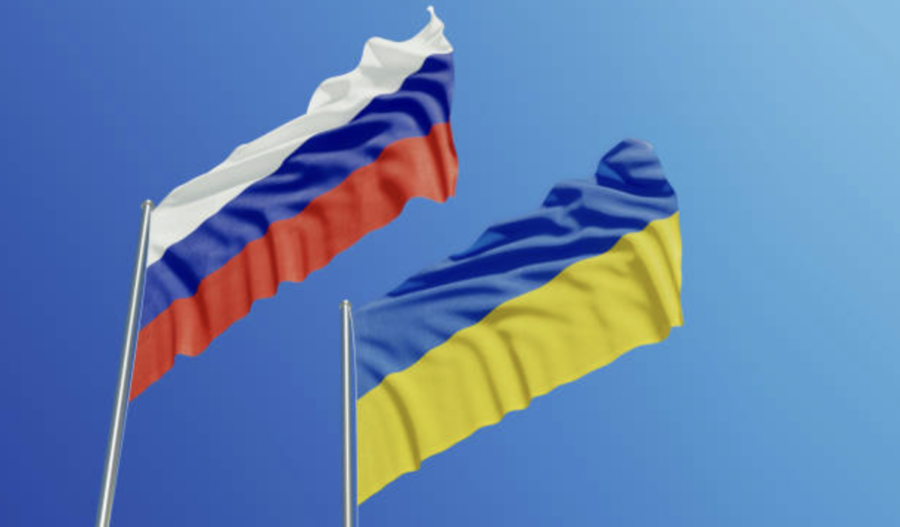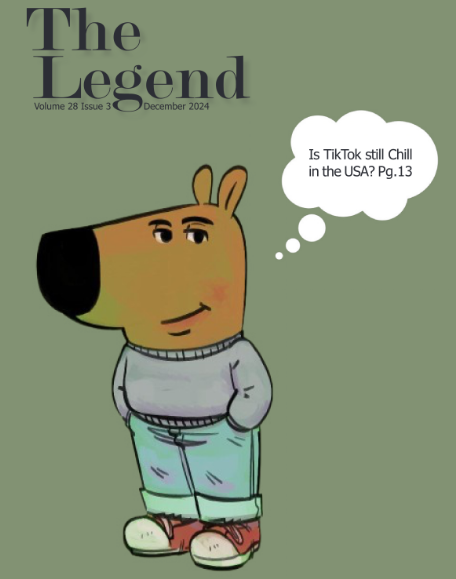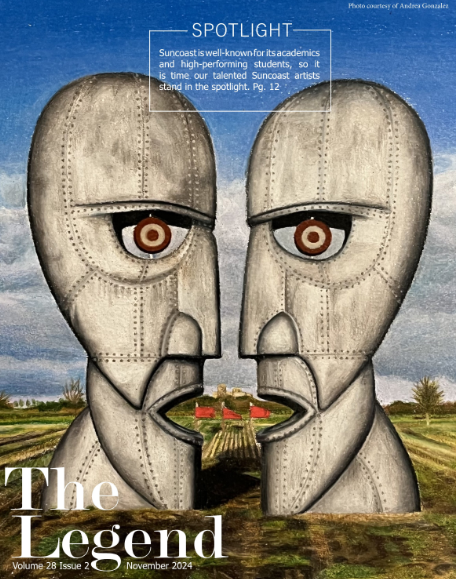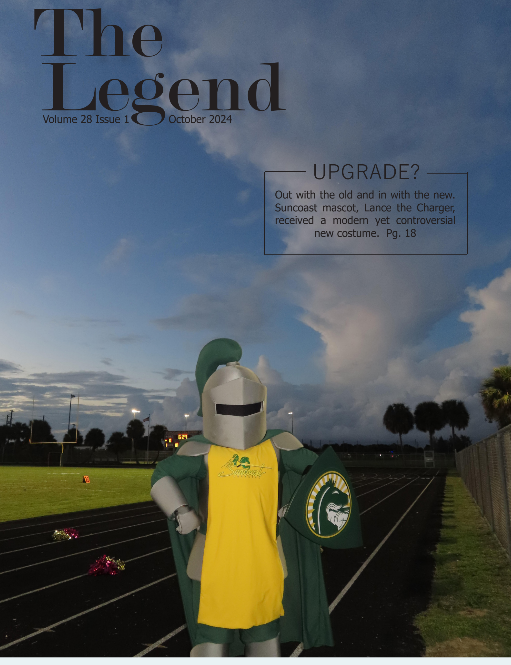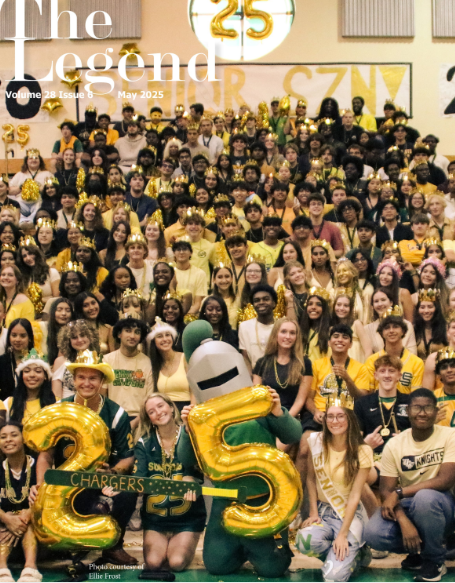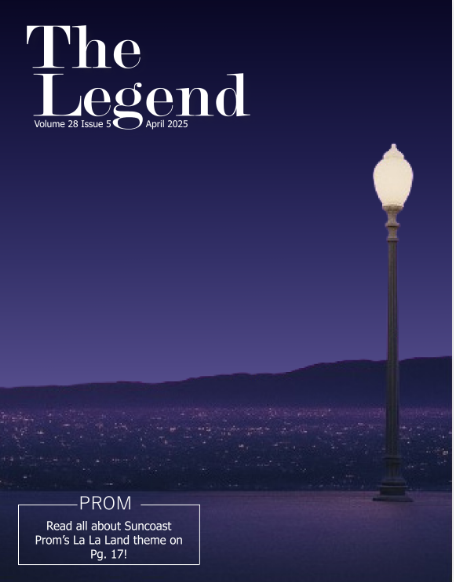Russia+Ukraine vs. Putin
The Russian government is at fault in the conflict with Ukraine.
Ukrainians and Russians work together to stand up against Vladimir Putin.
April 15, 2022
Families being gunned down. Mass evacuation and refugee crises. Mortar strikes and catastrophic bombings. These events have all been tragic products of the outbreak of war between Russia and Ukraine, due to Russia attempting to force Ukraine to give up territory and reject joining international alliances; this conflict is the biggest war in Europe since World War II. As devastating as this is, it also should be acknowledged that the Russian citizens themselves are not at fault, but rather the corrupt government that rules over the citizens.
In 2020, the United Nations officially declared Russia an authoritarian state instead of an illegitimate democracy. The main difference between the two is citizens not retaining basic liberties and rights in an authoritarian state. Fareed Zakaria, a political scientist, described the change in Russia’s regime type as due to “Putin’s ‘super presidency’ and restrictions on the media.”
The 2020 constitutional amendments passed in Russia abolished term limits, allowing President Vladimir Putin to continue being president of the Russian Federation in the 2024 election for a third term (came to power in 1999). This is one of many measures Putin has undertaken to ensure he continues to consolidate power in Russia.
Sadie Rappaport, a freshman, stated, “It does not seem like Russian citizens even have control over who their president is. And Putin is so powerful that citizens can’t influence his policymaking.” Supporting this statement, data from Transparency International’s corruption index ranks Russia as the most corrupt European country in 2020 and 120 out of 190 countries worldwide.
Putin has virtually no opposition in government; 72 percent of Duma (Russian legislature) members are part of United Russia, Putin’s party. Those who do speak out against Putin have been targeted by the Russian government in the past. In 2003, Mikhail Khodorkovsky, the Yukos Oil executive who openly supported political parties opposed to President Putin, was arrested on charges “relating to business dealings.” This is just one example of the attempts at censorship of political opponents and media by the Russian government.
Nicholas Stewart said, “If I were a Russian citizen, I would be scared to act against Putin too. It doesn’t mean I support his actions.” In the past, protest by Russian citizens has proved ineffective anyways: the large numbers of protests in 2013 organized in response to anti-LGBTQ legislation led to no policy change and protesters being imprisoned.
In light of the conflict, Russian athletes have been banned from participation in their various sports. For example, the Russian Grand Prix has been canceled and there is talk of the country’s soccer team being expelled from the 2022 World Cup. In this way, athletes in Russia are being punished for their government’s aggression. Anthony Mazzella, a member of the Suncoast baseball team with Russian family members, said, “I do not think it’s fair for the athletes to be punished. It’s unproductive and will widen the divide between Russia and the West.”
Similarly, sanctions from the European Union have frozen payments and access to Russian banks, leading to Sberbank, which holds 33 percent of the Russian banking system’s assets, having to pull out of the European market, which is very detrimental to those holding stocks in the bank. Other trade sanctions being imposed by Western nations on Russian goods have led to prices soaring in Russia, with consumer price inflation in Russia exceeding nine percent and food inflation exceeding 12.5 percent. The Russian citizen is paying the price for the war, especially the poor who will be especially hurt through inflation, not the Russian government.
“Sanctions seem effective from an American standpoint, but at a closer look, they are really unfairly punishing citizens of Russia, who are not at fault in this conflict,” Alexandros Theodosis said, a freshman with Ukrainian family members.
Essentially, Russian citizens are not at fault or responsible for their governing body’s actions, as Russians themselves do not even have control over who governs them. Citizens should not be targeted in Western efforts to oppose Russia, or Russians will become additional victims of this terrible crisis.
